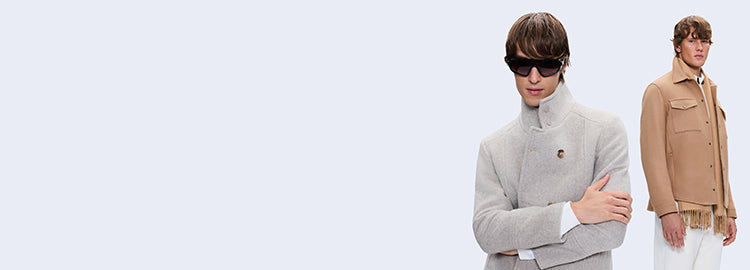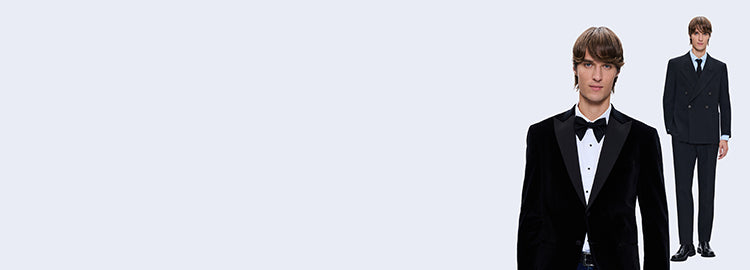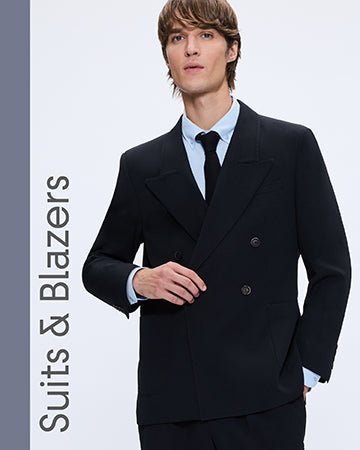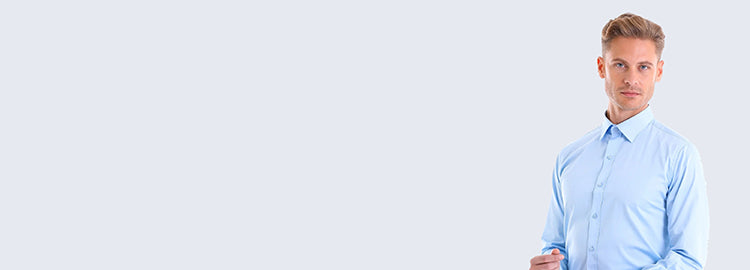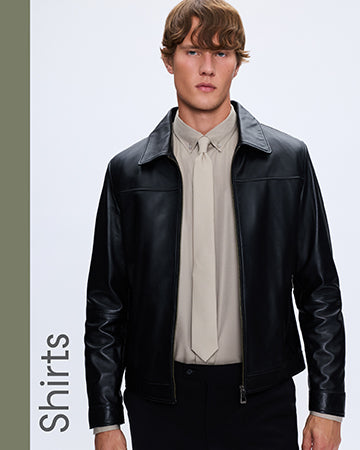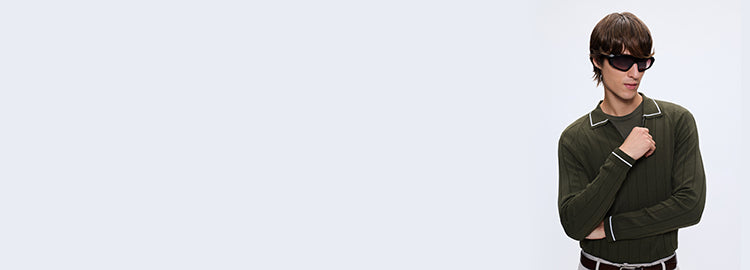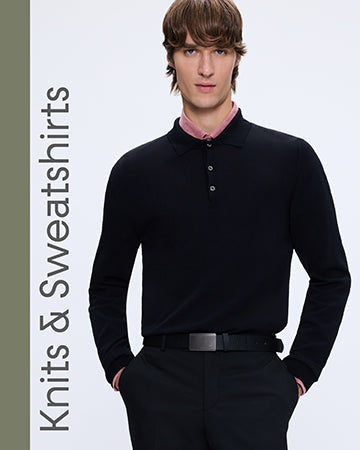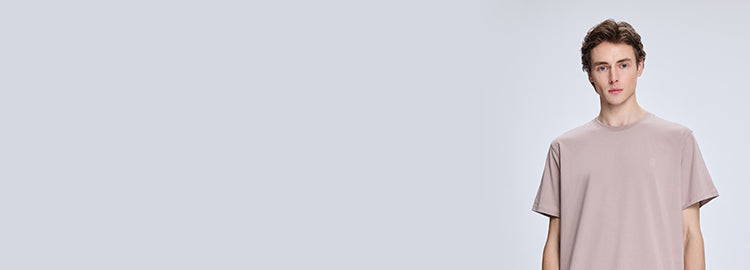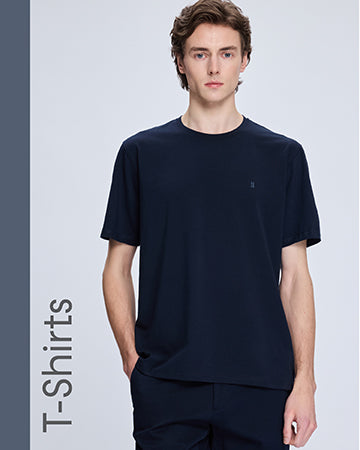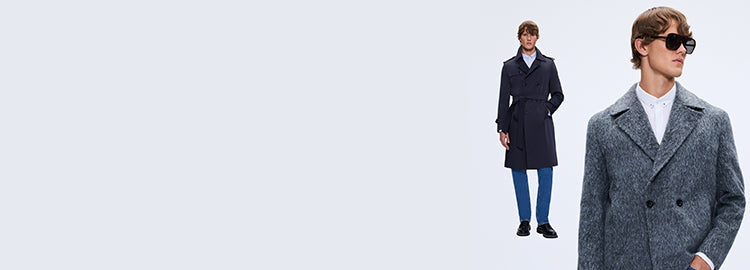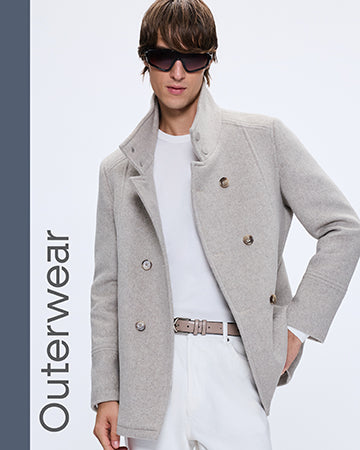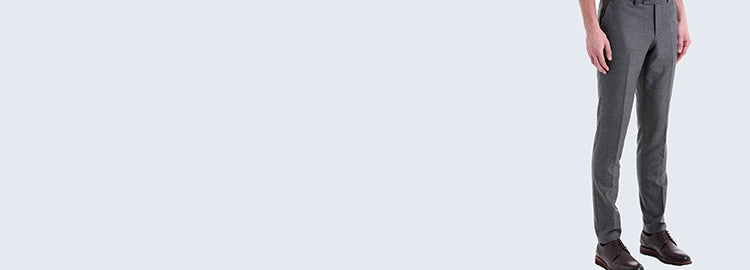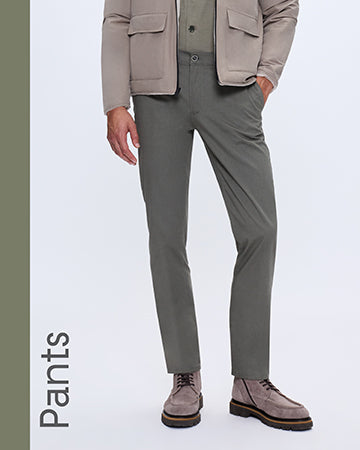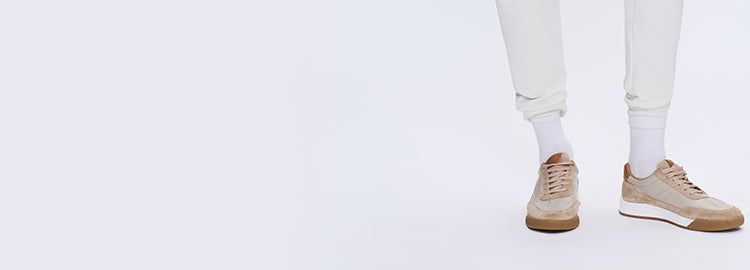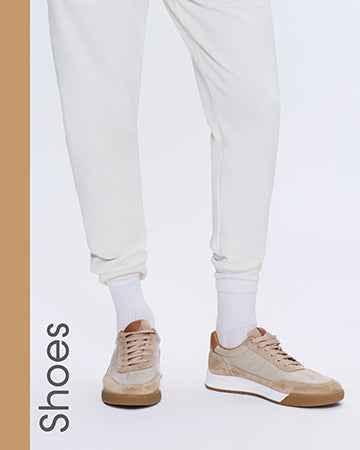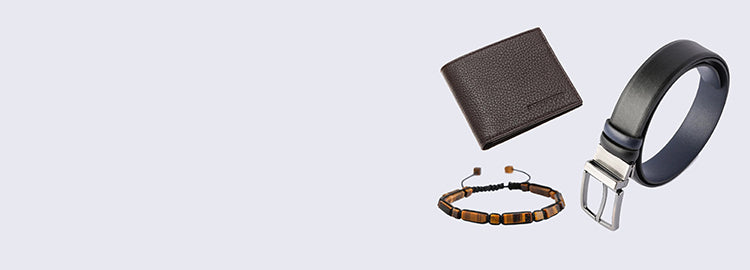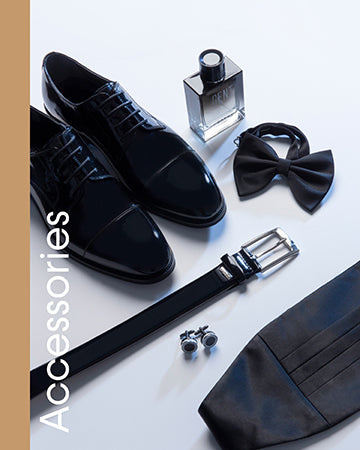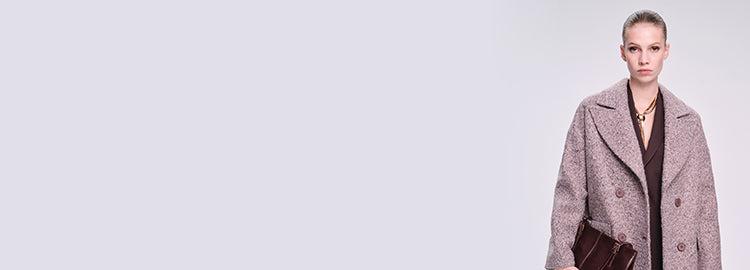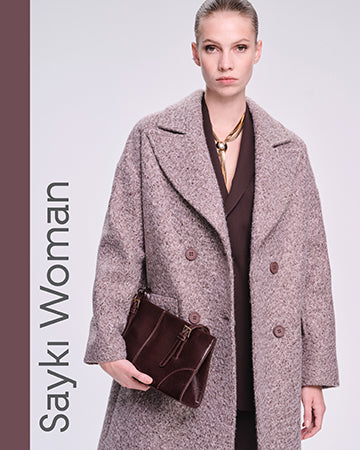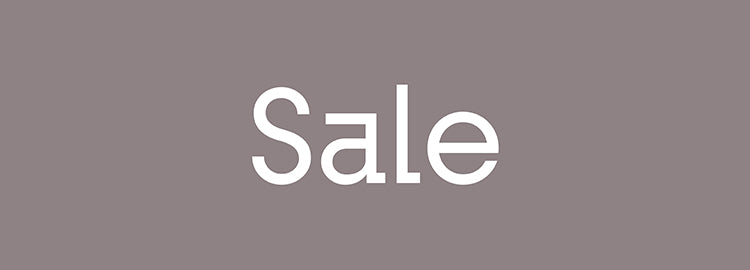Understanding different shoe styles is fundamental to building a versatile wardrobe. Whether you're dressing for business meetings, weekend outings, or special occasions, having the right footwear makes all the difference. This guide covers the most important categories and styles every man should know about.
The world of men's shoes offers countless options, but mastering the basics will serve you well in most situations. From boardroom presentations to casual Friday attire, choosing appropriate footwear demonstrates attention to detail and personal style.
Dress Shoes (Formal)
Formal footwear forms the foundation of professional and elegant attire. These sophisticated designs complement suits, dress pants, and upscale casual outfits. Quality construction and timeless styling make dress shoes a worthwhile investment for any wardrobe.
Oxfords
The Oxford represents the pinnacle of formal footwear. Distinguished by closed lacing (where the eyelet tabs are sewn under the vamp), this style projects authority and refinement. The sleek silhouette works exceptionally well with business suits and formal wear.
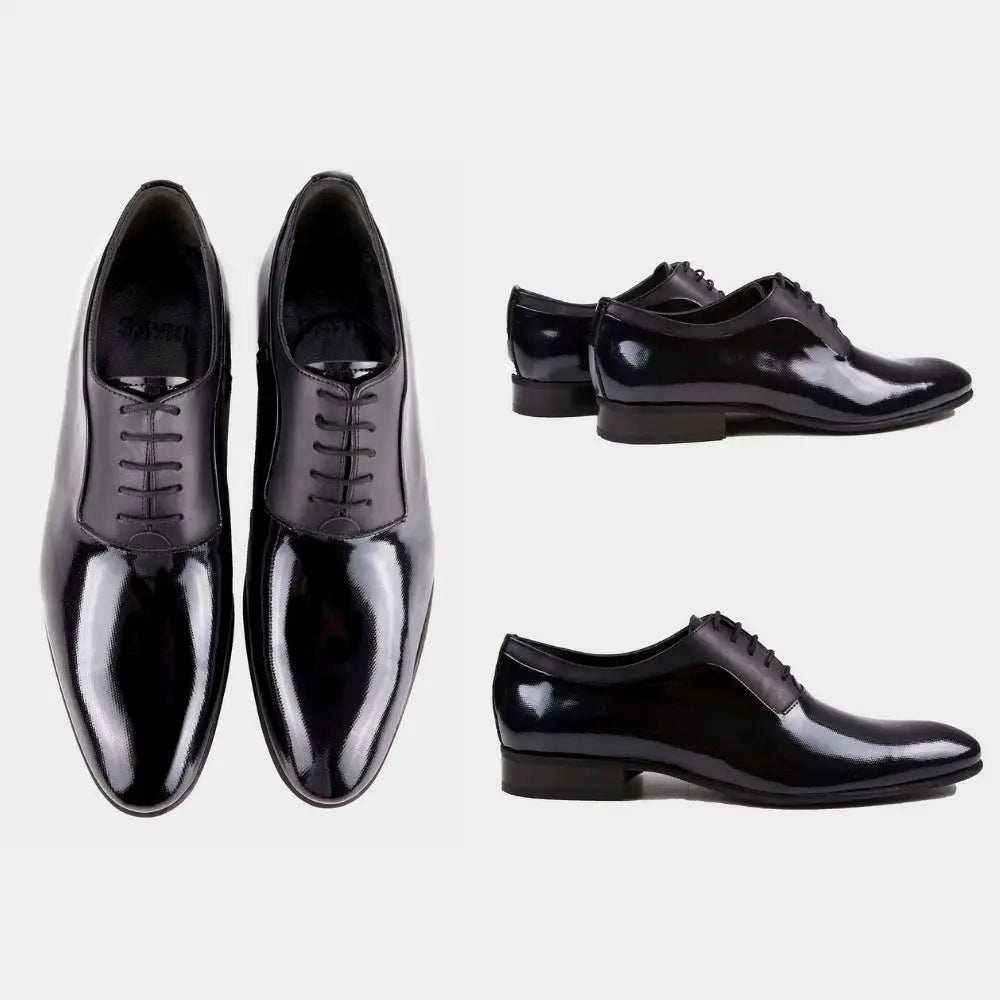
Key Features:
- Closed lacing system
- Streamlined appearance
- Minimal decorative elements
- Ideal for black-tie and business formal events
Best Worn With: Suits, dress pants, formal occasions
Derbies
Derbies feature open lacing, where the eyelet tabs are sewn on top of the vamp. This construction creates a slightly more relaxed appearance compared to Oxfords while maintaining professional appeal. The additional room makes them comfortable for extended wear.
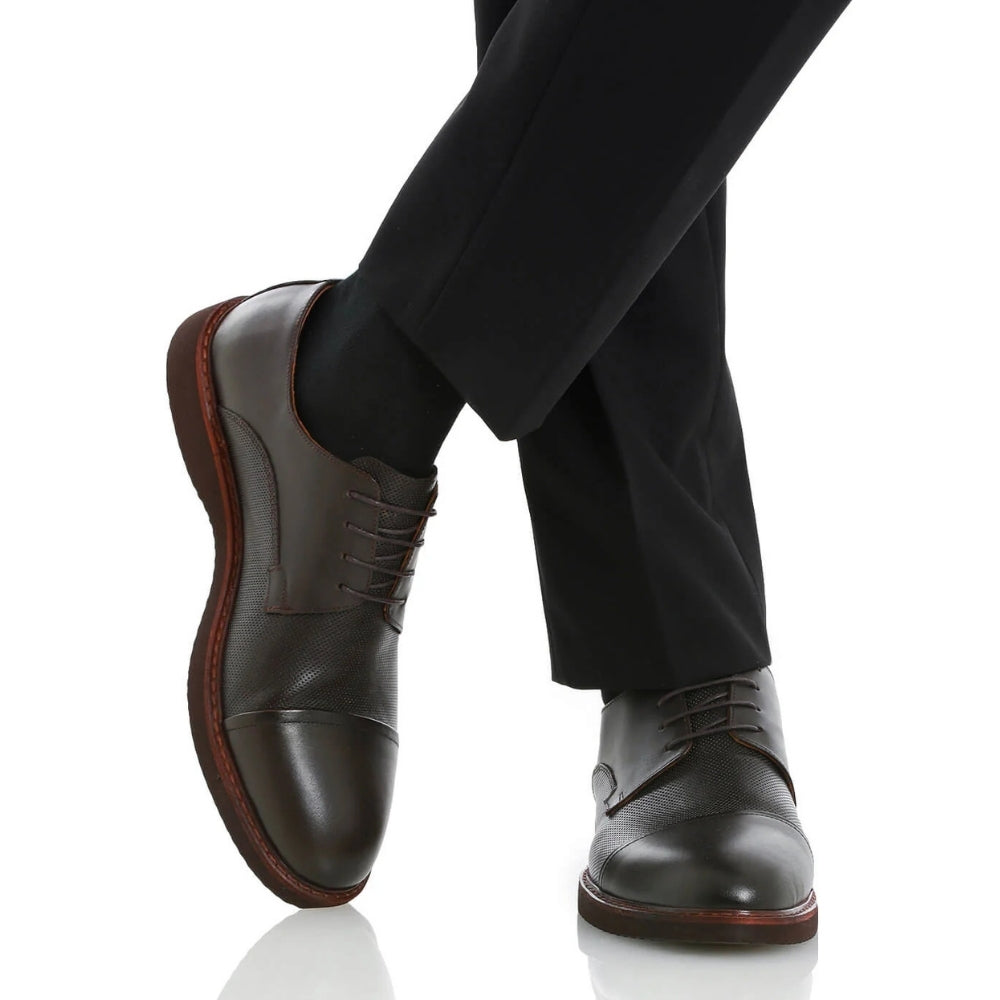
Key Features:
- Open lacing design
- More forgiving fit
- Versatile styling options
- Suitable for business and smart-casual settings
Best Worn With: Business casual attire, dress pants, blazer combinations
Wholecut
Crafted from a single piece of leather, wholecut shoes represent the height of shoemaking artistry. The absence of seams creates an incredibly smooth, elegant appearance. This minimalist design works beautifully for formal occasions and high-end business settings.
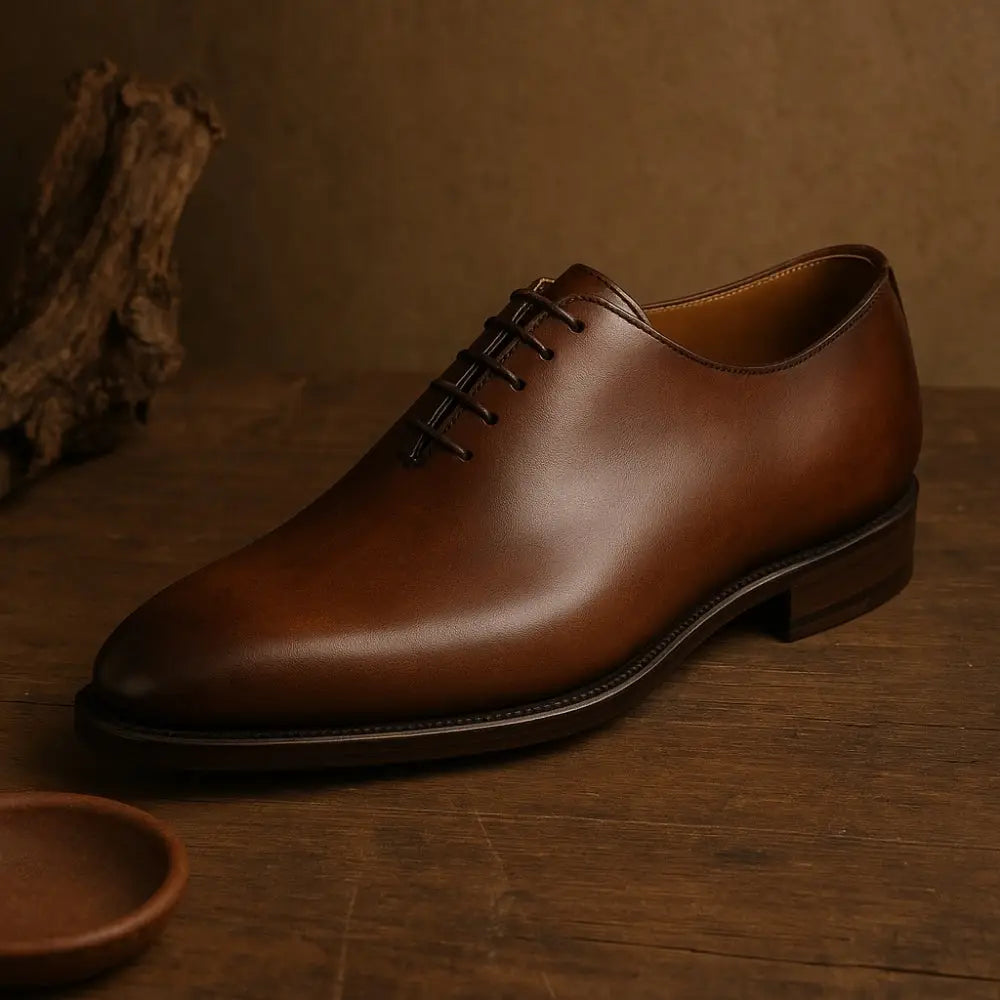
Key Features:
- Single-piece leather construction
- No visible seams
- Ultimate sophistication
- Premium craftsmanship
Best Worn With: Formal suits, tuxedo shoes occasions, upscale events
Brogues / Wingtips
Brogues feature decorative perforations (broguing) that add visual interest and character. Wingtips, a popular brogue style, display a distinctive W-shaped toe cap. These shoes bridge the gap between formal and casual, offering personality without sacrificing professionalism.
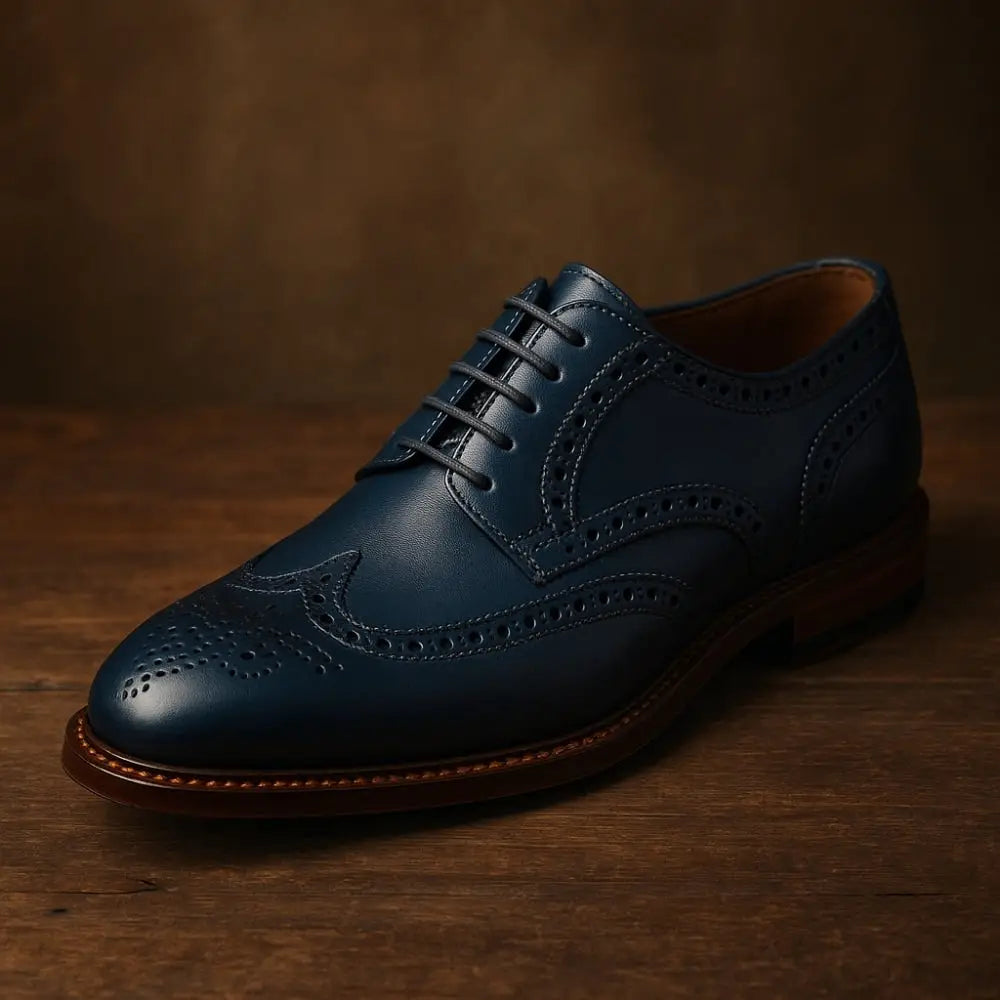
Key Features:
- Decorative perforations
- Wingtip or cap-toe designs
- Rich detailing and texture
- Versatile formality level
Best Worn With: Business casual, tweed suits, weekend blazers
Monk Strap
Instead of laces, monk strap shoes use buckled straps for closure. Single monks feature one strap, while double monks have two. This distinctive fastening system creates a unique aesthetic that stands out from traditional laced shoes.
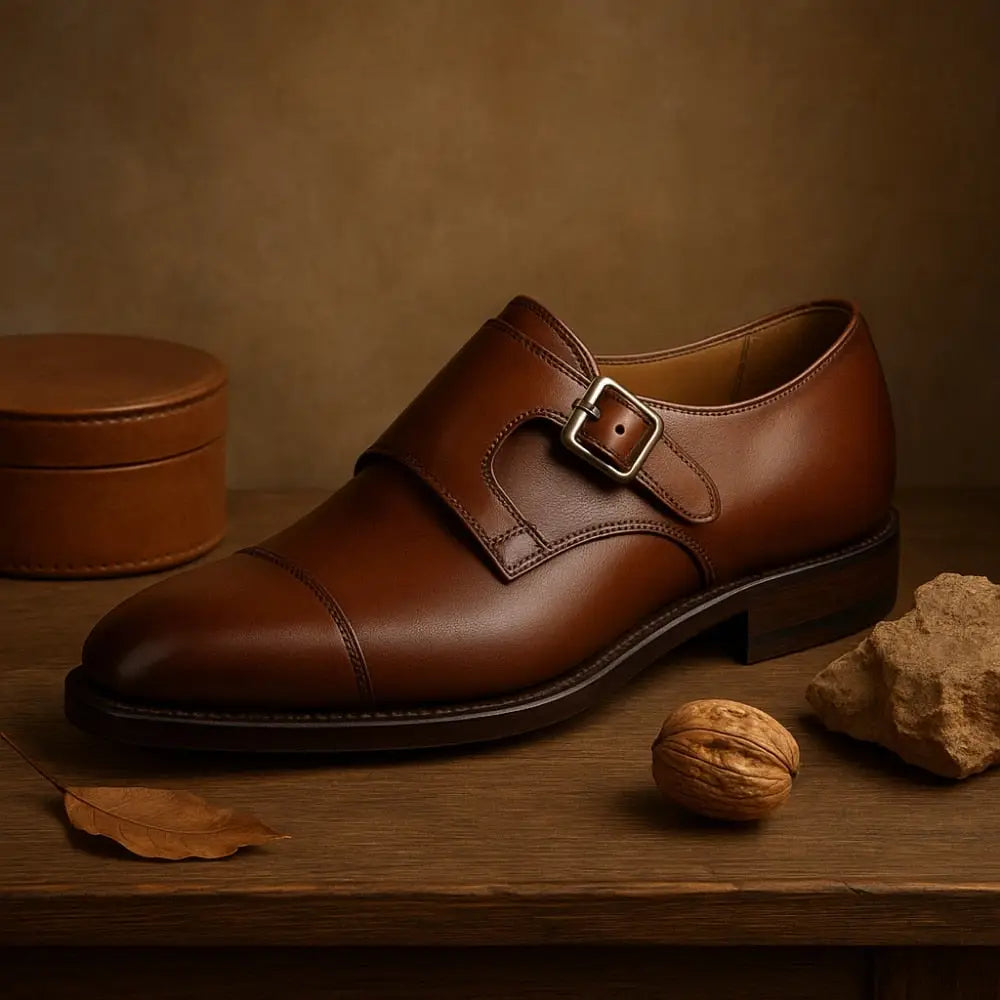
Key Features:
- Buckle closure system
- Distinguished appearance
- Single or double strap options
- Statement-making design
Best Worn With: Business casual, creative professional settings, weekend formal wear
Smart Casual & Casual Shoes
Smart casual footwear bridges formal and relaxed styling. These versatile options work with everything from chinos and blazers to jeans and polo shirts. The key is finding designs that maintain a polished appearance while offering comfort and flexibility.
Loafers
Loafers slip on without laces, making them convenient and comfortable. Penny loafers, tassel loafers, and driving moccasins represent popular variations. Their relaxed sophistication works well for business casual environments and leisure activities.
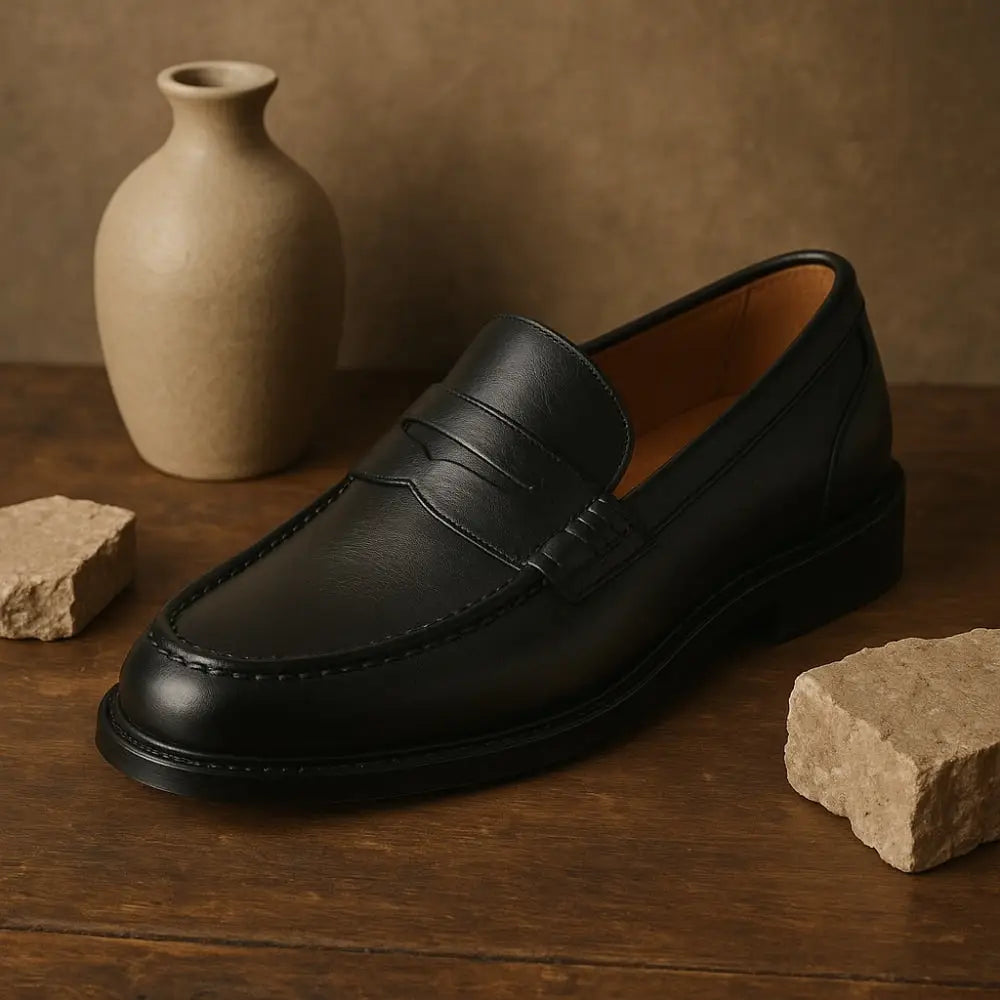
Key Features:
- Slip-on convenience
- Various decorative elements
- Comfortable fit
- Versatile styling options
Best Worn With: Chinos, polo shirts, casual shoes occasions, summer outfits
Boots – Chelsea & Chukka
Chelsea boots feature elastic side panels and pull tabs, creating a sleek ankle-boot silhouette. Chukka boots use laces and typically have two or three eyelets. Both styles offer ankle support and work well in transitional weather.
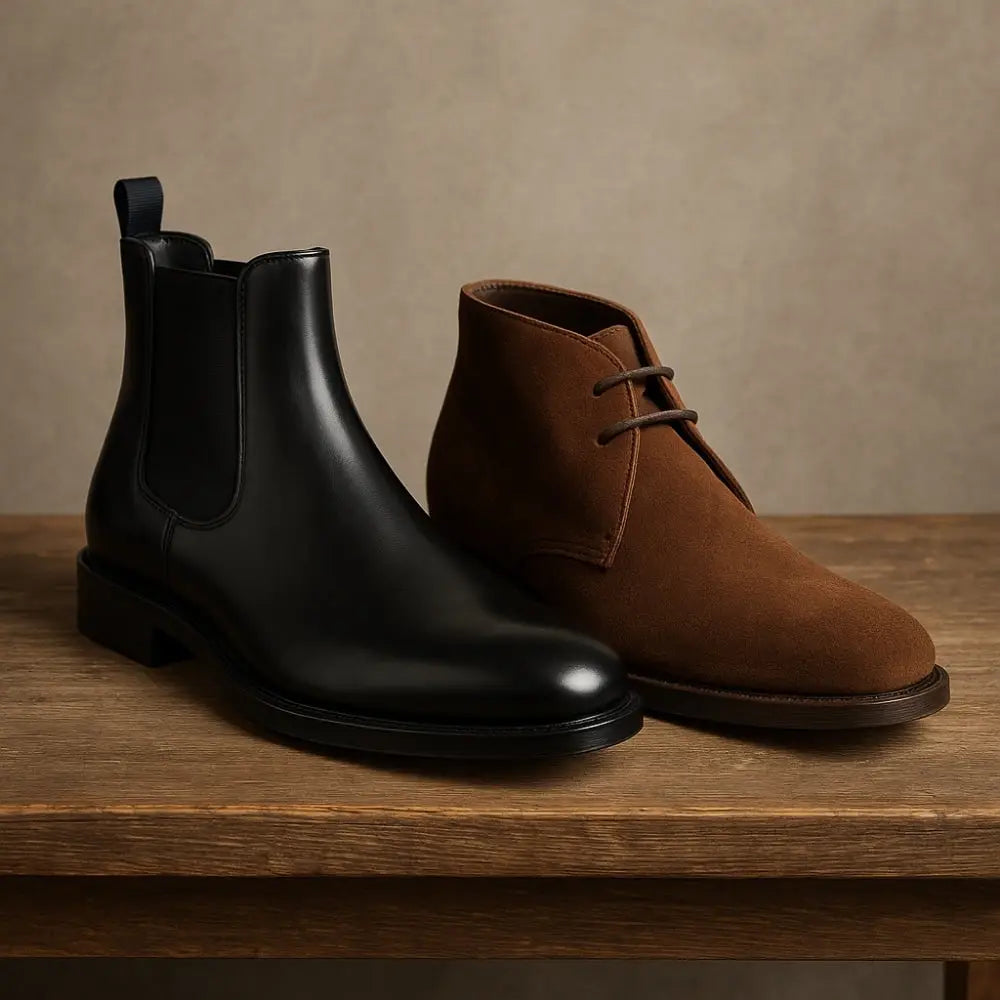
Chelsea Boot Features:
- Elastic side panels
- Clean, streamlined design
- Easy on/off functionality
- Modern aesthetic
Chukka Boot Features:
- Laced ankle design
- Desert boot heritage
- Suede or leather options
- Casual sophistication
Best Worn With: Jeans, chinos, men's casual boots styling, weekend wear
Boat & Sneakers
Boat shoes originated from sailing culture, featuring non-slip soles and water-resistant materials. Modern sneakers range from athletic designs to fashion-forward styles. Both categories prioritize comfort while maintaining style credentials.
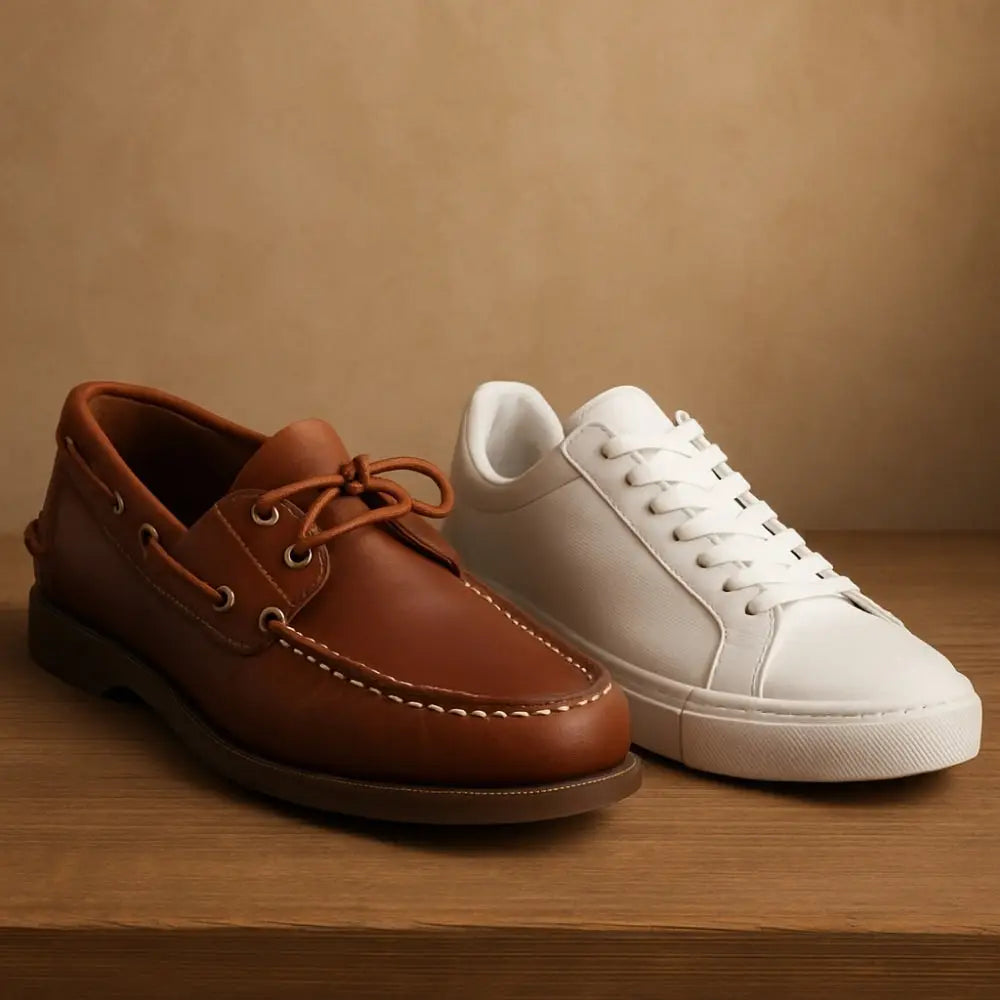
Boat Shoe Features:
- Non-slip rubber soles
- Lace-through-eyelet design
- Nautical heritage
- Summer-appropriate materials
Sneaker Features:
- Athletic-inspired construction
- Comfortable cushioning
- Diverse style options
- Contemporary appeal
Best Worn With: Shorts, casual pants, men's sneakers occasions, relaxed settings
Tips for Choosing & Matching Shoes
| Shoe Type | Formality Level | Best Occasions | Key Features | Styling Tips |
|---|---|---|---|---|
| Oxford | Formal | Business meetings, weddings, black-tie events | Closed lacing, sleek silhouette, minimal decoration | Pairs best with suits and dress pants |
| Derby | Formal | Office wear, semi-formal events, dinner dates | Open lacing, slightly more casual than Oxfords | Versatile with suits and chinos |
| Wholecut | Formal | High-end business, formal ceremonies | Single piece of leather, no seams, ultra-sleek | Statement piece for premium suits |
| Brogues | Smart Casual | Smart casual events, creative offices | Decorative perforations, wingtip design | Great with tweeds and casual suits |
| Monk Strap | Smart Casual | Fashion-forward events, creative meetings | Buckle closure, no laces, distinctive look | Bold choice for tailored outfits |
| Loafers | Smart Casual | Summer events, casual Fridays, brunches | Slip-on design, comfortable, various styles | Perfect with chinos and polo shirts |
| Chelsea Boots | Smart Casual | Autumn/winter casual, modern office wear | Elastic side panels, ankle height, sleek profile | Versatile with jeans and smart trousers |
| Chukka Boots | Casual | Weekend outings, casual dates, travel | Ankle-high, 2-3 eyelets, desert boot style | Ideal with jeans and casual shirts |
| Boat Shoes | Casual | Summer casual, boat trips, beach events | Non-slip sole, leather/canvas, maritime style | Best with shorts and summer pants |
| Sneakers | Casual | Everyday wear, gym, casual outings | Comfortable sole, various materials, sporty | Matches with jeans, joggers, casual wear |
Consider Your Lifestyle
Evaluate your daily activities and dress requirements. Office workers need reliable dress shoes, while creative professionals might prefer versatile smart-casual options. Consider climate, walking distances, and dress codes when building your shoe collection.
Quality Over Quantity
Invest in well-constructed shoes from reputable manufacturers. Quality footwear lasts longer, looks better, and often proves more economical long-term. Focus on classic styles that won't go out of fashion quickly.
Color Coordination
Black Shoes: Work with black, charcoal, and navy suits. Essential for formal occasions and evening wear.
Brown Shoes: Complement brown, tan, olive, and navy clothing. More versatile for daytime and casual settings.
Burgundy/Oxblood: Add character to navy, gray, and earth-tone outfits.
Fit and Comfort
Proper fit prevents discomfort and foot problems. Shop for shoes in the afternoon when feet are slightly swollen. Ensure adequate toe room while maintaining heel security. Quality shoes often require brief break-in periods.
Maintenance Matters
Regular care extends shoe life and maintains appearance. Use appropriate polishes, conditioners, and protection sprays. Rotate shoes to allow leather to rest and recover between wears. Professional resoling can restore worn soles on quality footwear.
Building a Foundation
Start with essential styles: black Oxfords for formal needs, brown Derbies for business casual, and comfortable loafers for relaxed occasions. Add specialty styles like boots or classic shoes as your wardrobe expands.
Seasonal Considerations
Summer calls for breathable materials like canvas and perforated leather. Winter requires weather-resistant boots with appropriate tread. Transition seasons benefit from versatile ankle boots and substantial walking shoes.
Understanding these fundamental shoe types enables confident footwear choices for any occasion. Quality shoes communicate attention to detail and personal standards, making them worthwhile investments in your overall appearance and comfort.


